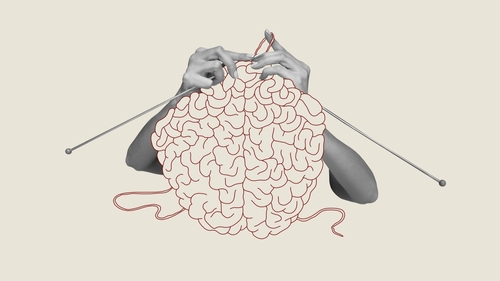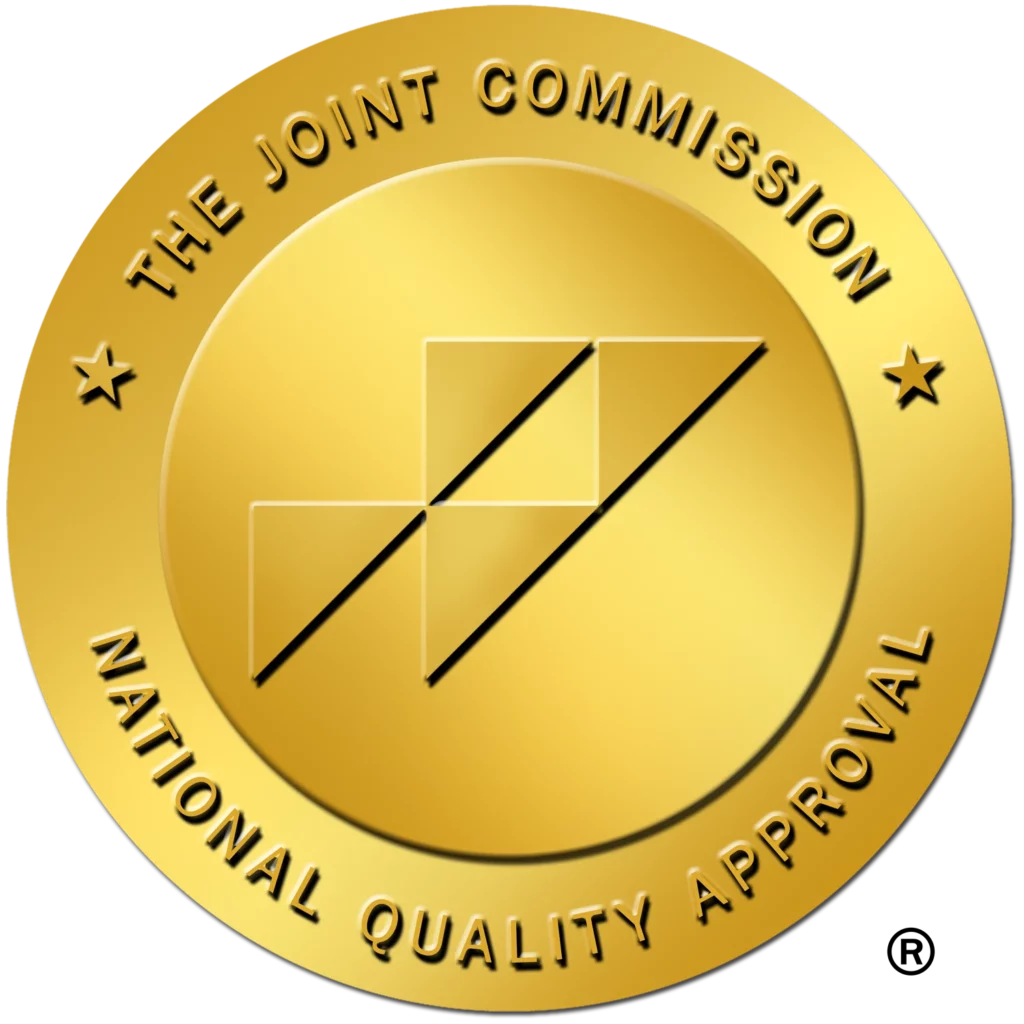Can Addicts and Alcoholics Handle Moderation?
This entry was posted in Addiction Recovery, Alcohol Abuse, Drug Abuse and tagged addiction versus moderation, can addicts handle moderation, can alcoholics handle moderation, is moderation the answer to addiction on February 28, 2022 by Justin Baksh, MS, LMHC, MCAP, Chief Clinical Officer.

Moderation is the key to happiness. People have said that for centuries because of the value moderation brings to many areas of life. There are few things that we should completely immerse ourselves in. Moderation, as a general rule, will keep us balanced and healthy. It shows us how to enjoy life yet still take care of the necessities.
Even so, people have struggled with moderation for years. For people battling substance abuse, the idea of moderation has always been an attractive concept. It allows for indulging in substances under the guise of control. Problem is, it doesn’t work.
Addiction vs. Moderation
“One drink is too many for me and a thousand not enough.”
With addiction, it’s not as simple as deciding not to use anymore. If you can lay down a substance, then you are not an addict. For those not struggling with addiction, moderation means they can quit at any time with no issue. Their use is not causing serious consequences in major areas of their lives such as work, home, and family relationships.
The unfortunate truth, though, is that most people who suffer from addiction cannot handle moderation.
Addiction causes functional changes to the brain that keep addicts trapped in a deadly cycle of cravings, use, and withdrawal. Once addiction takes hold, moderation is not a reasonable (or even reachable)goal. To stop the cycle, you have to completely eliminate the substance for good, allowing your brain to re-adapt.
Even so, the underlying reasons for addiction – mental conditions, trauma, etc. – need to be addressed to prevent future relapse.Addiction also tends to be accompanied by a lifestyle that supports it. Addicts and alcoholics surround themselves with people, places and things that aid in sustaining their addiction. That’s why there is also work to be done in creating a new lifestyle that supports being clean and sober.
Similarly, our reactions to the stress of life also need to be managed in a healthy way. Recovery is like a garden: It needs continual pruning and care.
RELATED: Why addiction is a disease
Key Signs Of Addiction
Moderation becomes a popular topic when people battling addiction find themselves having to talk about it with friends, employers, and family. It is an attempt at compromise: You still get to use, but make everyone else more comfortable with it by attempting to cut down. The truth is that it’s just another excuse to escape facing reality that you may be an addict or an alcoholic.
In private moments, though, you may still wonder if it’s true. Here are signs that moderation is no longer an option for you:
- It’s interfering with your work. Sooner or later, addiction will affect your job. Whether its missing deadlines or miscounting change, your performance will start to slip. Your colleagues and supervisor are likely to notice other change in you, too. Perhaps your appearance has deteriorated, as dental care, personal hygiene, and clean laundry are no longer a priority. Your demeanor may be more sullen and withdrawn or you have more energy than usual, appearing “wired.” Your level of conscientiousness can plummet while your call-out days suddenly skyrocket.
- Your recreational activities mostly involve using the substance. Have your recreational activities changed recently? Do they now allow you to indulge in your substance abuse even more? One of the reasons we and others struggle to recognize our addictions is because they are sometimes shielded under social acceptance. For example, if you found out that your friend was home alone tonight and drank 10 beers on their own, you may worry about them. However, if they did it with you at a baseball game, that would be less of a concern.
- You cannot function without the substance. Have you ever not had the substance or been unable to take it for some reason and you had to function throughout the day without it? Were you irritable, miserable, angry, tired, sweaty, cold, nauseous, light-headed, or feeling slow that day? That is your body missing the chemicals that you have been providing it and telling you it needs more.
- You hide your use or drinking from others. We may hide an extra slice of pizza or piece of cake when we are with our friends, especially if they have been getting on us about our weight. However, if you are taking substances and hiding it from friends and family, that is a sign that your usage has gotten out of control.
When it comes to ourselves, it is hard to see the truthWe may not be able to judge how drinking or using is impacting our lives. Our friends, family, and definitely an addiction professional all typically have an easier time seeing our issues.
If, however, you are sure you are struggling with addiction, it is better to pursue a plan to quit, not cut down. Moderation is not the solution to addiction. Often, moderation can allow addition to tighten its grip on you.
Why Addicts Cannot Handle Moderation
Moderation can be a ruse or a slippery slope back into addiction. Just as with a diet where one cheat day can lead to a week, a month, and then a year, one hit or drink can be the doorway to relapses of unknown duration. Addicts cannot handle moderation because:
- Moderation makes it too easy to relapse. How can you be in the same room as a substance that you were addicted to, despite it nearly destroying your life and not want to indulge in it? You are putting yourself in a prime position for cravings. Moderation seems like a solution here, but it will actually lead you back into addiction
- Indulging in moderation can lessen your ability to stop. Another sad reality is that once we commit to the idea of moderation, we are admitting that we have a dependency on the substance. While moderation may sound like a good idea, it really just fuels the fire. That’s what addiction is, an all-consuming fire. While you can keep it alive on less fuel for a while, it eventually will require more. Moderation doesn’t strengthen your ability to stop using the substance, it just means you are using less at the moment.
- Moderation allows dependence to continue. There is a reason you use or drink. You do so for the feeling you get from these substances. Whether they help you sleep, allow you to drift away in your mind, or something else, you want to feel more of it, not less. Moderation frustrates us because we cannot get exactly what we want, so eventually we give in and go all out again.
- Moderation limits always increase. Remember when four drinks used to make it impossible for you to drive and now eight drinks barely gets you buzzed? That may not be exactly how it goes for you, but over time you’ve noticed that your tolerance has increased. When it comes to addiction and trying to combat it with moderation, the problem here is the reverse, you are going beneath your new tolerance. That means the four drinks in this example won’t be enough for you to feel its effectiveness… which drives you to use or drink more.
Moderation may be healthy approach to many of the choices we have in our lives. For those who suffer from addiction, however, moderation is not an option when it comes to those substances. This is because it’s not possible to keep the use of these substances within reasonable levels and eventually leads to overdoing it.
The bottom line is that moderation is (sadly) an excuse or negotiation tactic many addicts use to be able to still use their favorite substances. That’s why it’s not a real option and needs to be taken off the table.
The good news is that many, many addicts now live a life of recovery in abstinence. More often than not, they would agree that their worst day sober and clean is better than their best day in addiction. You can join them, starting with a simple phone call to a qualified drug and alcohol rehab center.
RELATED: Do you have an addictive personality? Take the quiz
9 ways to help someone suffering with an addiction
Overdose after relapse: A loss of tolerance can have fatal consequences










